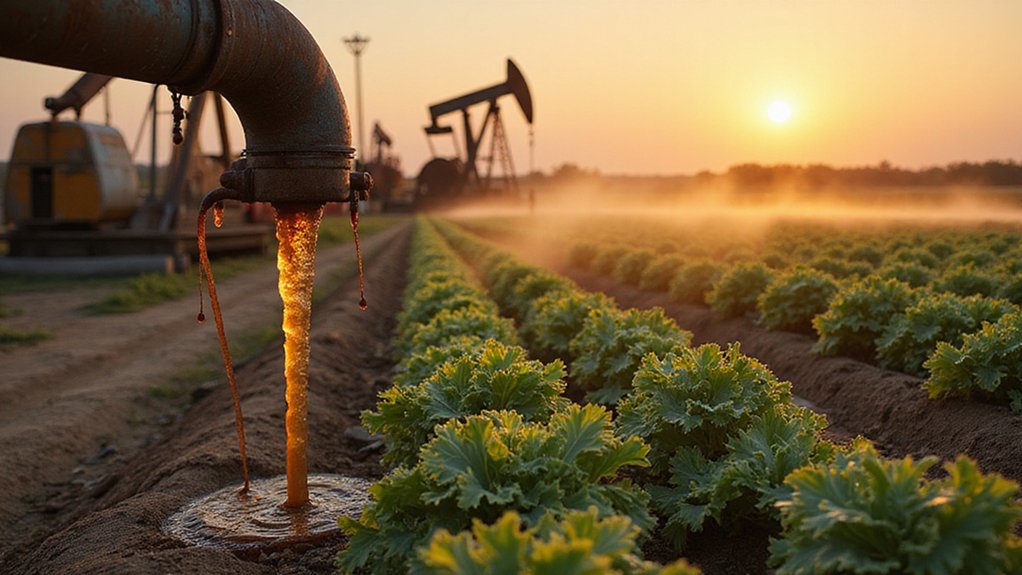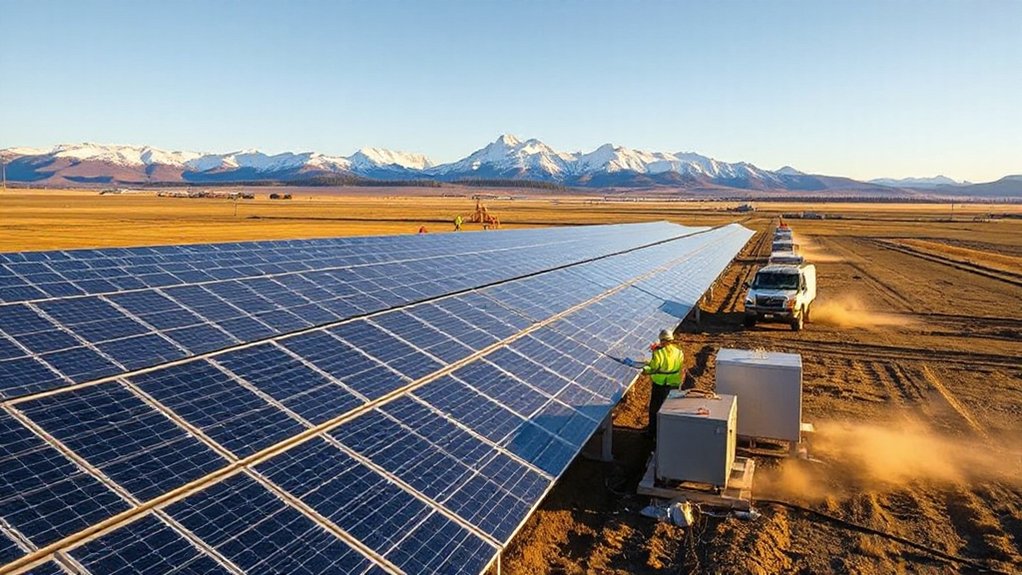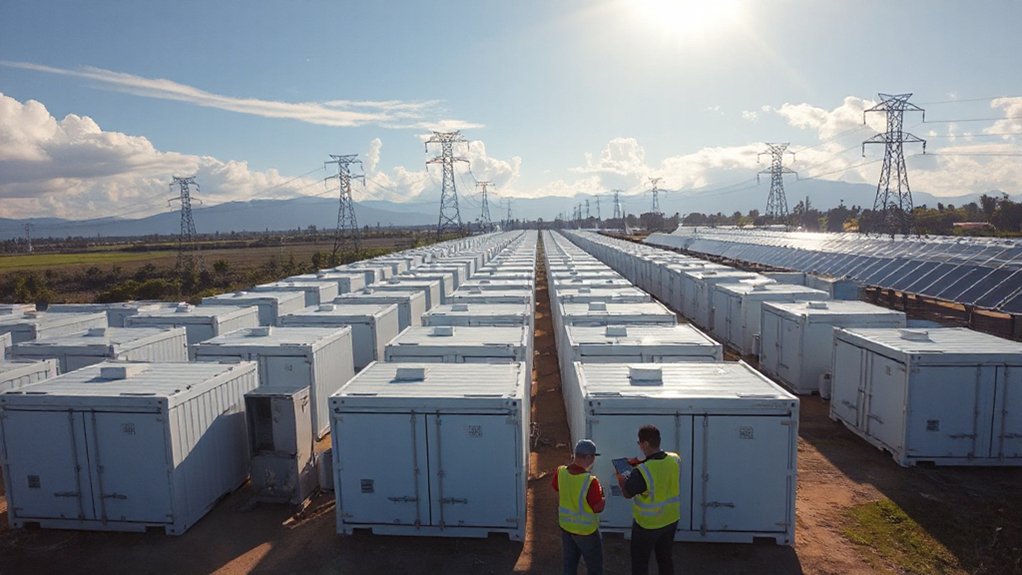When Ontario rolled out Bill 5 to create “special economic zones” that can suspend provincial and municipal laws, Indigenous leaders across the north weren’t exactly thrilled. The legislation lets the province override environmental and labor protections without bothering with that pesky Indigenous consultation requirement. You know, the constitutional one.
Multiple First Nations have already launched legal challenges against these mining laws. They’re tired of their treaty rights being treated like suggestions. The province’s current approach to the Ring of Fire—that massive mineral deposit everyone’s drooling over—is basically government-led, not Indigenous-led. Shocking, right?
First Nations launch legal challenges as Ontario treats treaty rights like suggestions, not obligations.
Here’s the twist: Ontario’s online claim staking system is already under legal scrutiny. The permitting process dumps mountains of paperwork on Indigenous nations while providing minimal actual consultation support. It’s like asking someone to read War and Peace in a day, then claiming you had a meaningful conversation about it.
The environmental stakes couldn’t be higher. The Ring of Fire region contains sensitive wetlands and waterways that downstream First Nations depend on. Mining risks making existing pollution worse and extending those long-term drinking water advisories that some communities have endured for decades. But hey, at least Ontario can fast-track mineral extraction for that green economy shift everyone’s talking about. This situation exemplifies how mining operations disproportionately affect Indigenous communities who steward 25% of the planet’s land.
Pressure from the United States for critical minerals has Ontario keen to designate the Ring of Fire as a special economic zone under Bill 5. Industry advocates complain that consultation frameworks slow things down. Critics counter that broken government promises, not consultation requirements, are what really impede progress. Premier Ford labeled the consultations as ridiculous after his decisive election win, further inflaming tensions with Indigenous communities.
Several First Nations oppose mining claims on their traditional territories, citing the lack of free, prior, and informed consent. Communities from Treaty 3, Treaty 5, Treaty 9, and the Robinson Huron and Superior Treaty territories have voiced opposition. Aroland First Nation publicly condemned Bill 5 for violating treaty rights. The Anishnawbe Business Professional Association advocates for corporate adoption of the Truth and Reconciliation Commission’s Call No. 92, which urges businesses to embrace UNDRIP as a reconciliation framework.
Even communities that signed infrastructure agreements for things like road upgrades remain opposed to the current extraction laws. It’s almost like Indigenous nations want actual partnership, not just token gestures. Wild concept, apparently.
References
- https://thenarwhal.ca/opinion-bill-5-indigenous-consultation/
- https://cela.ca/wp-content/uploads/2022/01/The-Ring-of-Fire-and-Indigenous-Rights-Backgrounder.pdf
- https://www.cbc.ca/news/canada/thunder-bay/ring-of-fire-research-project-1.7428459
- https://canada.constructconnect.com/dcn/news/resource/2025/06/two-first-nations-working-on-roads-to-ring-of-fire-do-not-support-new-mining-law
- https://www.ehn.org/ontarios-bill-5-could-sideline-indigenous-rights-and-fast-track-mining-in-the-ring-of-fire









